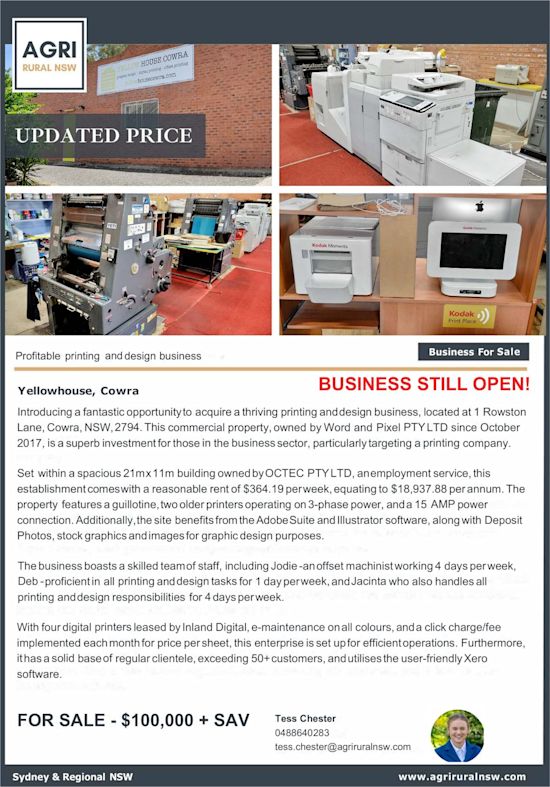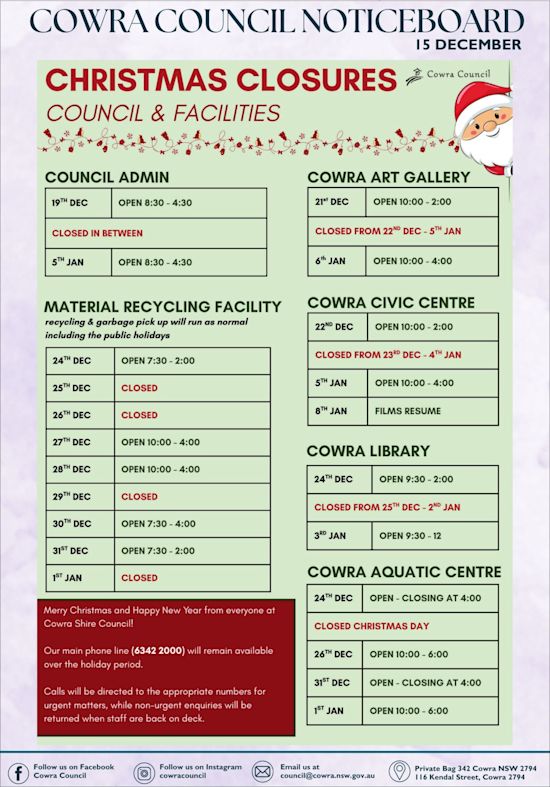Caution On Mice Contaminated Hay

District Veterinarian for Local Land Services, Jillian Kelly, has urged farmers to carefully consider mice contaminated hay saying, “The current heavy mice burdens mean that our precious hay stores are fast being eaten and destroyed by the rodents. Mice not only do damage, but they also carry disease that can pose a risk to our livestock, so please be cautious if you are planning on using the remaining hay.”
Jillian goes on to say that mice urine can spread Leptospirosis commonly known as “Lepto”. Two strains of Leptospirosis are known to cause abortion in cattle and Jil lian urges those who are planning on us ing hay contaminated by mice, to vaccinate cattle for Leptospirosis well in advance of feeding. Jillian also notes the risk to humans, as some forms of Leptospirosis carried by mice can transmit to humans. She advises limiting contact with mice urine.
Furthermore, there is cause for concern re-garding Botulism which comes from a bacterial toxin that lives in dead mice carcasses. If livestock ingest pieces of a mouse carcass, it may cause flaccid paralysis, which limits stock ability to eat and drink leading to death. Vaccination is available for cattle and sheep for botulism, but two shots are needed for most products available on the market, so farmers must plan ahead.
Jillian further warns about the poisoning risk to livestock if farmers poison mice before hay is given and recommends “if your paddocks need a grazing spell, confinement feeding with hay and other grains might be a suitable option.”
“In summary, I think every haystack and farm situation will need to be assessed in dividually,” Jillian concludes, urging farmers to, “break open some of the bales and see how much damage and contamination there has been.”
If you would like to discuss this topic give your District Vet on 6341 9315 or Livestock Officer on 0427 007 398 a call.
Stay Connected
Cowra News to your inbox
Sign up now for the latest news from the Cowra Area direct to your inbox.
















